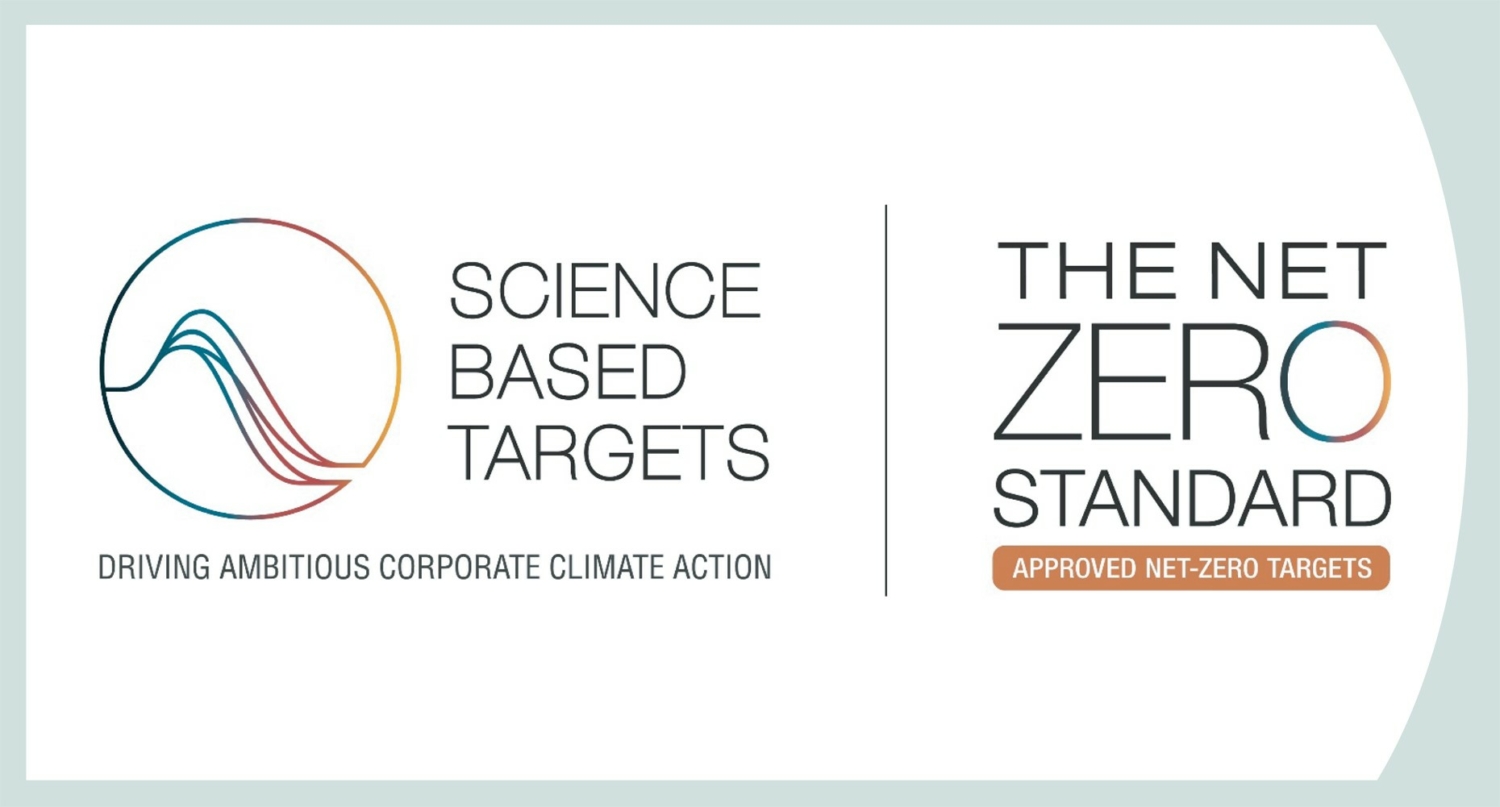Introduction: why stationery companies with science-based targets matter
Procurement teams are looking beyond price and product lists. They want suppliers who actively reduce emissions and can prove it. That’s why stationery companies with science based targets (SBTs) are fast becoming preferred partners. In 2023, Red-Inc achieved a genuine world first for the industry: SBTi-validated near-term, long-term, and net-zero targets. Here’s what that means, how it helps customers tackle Scope 3, and how other stationery suppliers can follow.
What are science-based targets (SBTs)?
Science-based targets align a company’s decarbonisation pathway with climate science and the Paris Agreement. The Science Based Targets initiative (SBTi) validates whether targets are robust enough to limit warming to well below 2°C and increasingly to 1.5°C.
Learn more: SBTi Companies Taking Action.
Case study: Red-Inc’s world-first SBTi validation
Since opening in 2008, Red-Inc has embedded low-impact practices into its operations. That long-standing commitment combined with an entrepreneurial push led to SBTi-validated targets across all timeframes:
Near-term target: 1.5°C by 2030
Long-term target: 1.5°C by 2040
Net-zero target: by 2040
“At Red-Inc we believe in doing everything we can today to help protect tomorrow… our validated targets are a testament to our dedication to using our business as a force for good.” Adam Huttly, Founder
Being first in the stationery supply sector to secure SBTi validation shows what’s possible for SMEs and sets a clear benchmark for peers.
Visit: red-inc.com
Contact: Adam Huttly — Adam@red-inc.com
Why this matters for buyers: tackling Scope 3
For most organisations, Scope 3 makes up the lion’s share of emissions often ~70% or more spanning purchased goods and services, distribution, and end-of-life. Partnering with stationery companies with science-based targets helps you:
Reduce embodied emissions in products and packaging.
Improve data quality for ESG reporting and target-tracking.
Co-design reduction plans for category hotspots (paper, toners, deliveries, returns).
Accelerate compliance with supplier-engagement and net-zero commitments.
Red-Inc’s validated pathway gives customers visibility into credible, time-bound reductions turning stationery procurement into a lever for measurable climate impact.
How stationery suppliers can set science-based targets
If you’re a stationery firm aiming to join the leaders:
Measure your baseline (Scopes 1–3) using a defensible methodology.
Prioritise hotspots: paper, packaging, last-mile logistics, returns and energy.
Set near-term (5–10 year) and long-term targets aligned to 1.5°C.
Submit to the SBTi for validation and follow their sectoral guidance.
Implement reductions: renewable energy, recycled content, supplier engagement, route optimisation, product take-back.
Report annually with transparent progress and recalibrate as needed.
Proof your procurement team can use
When shortlisting stationery vendors you might be asked for the below;
SBTi validation letter and target details (near-term, long-term, net-zero).
Scope 3 coverage and supplier-engagement plans.
Packaging and logistics strategies (recycled content, consolidation, EV deliveries).
Data outputs you can ingest (emission factors, order-level reporting, APIs/CSVs).
Independent assurance of claims.
FAQs (quick answers for stakeholders)
What’s the difference between “science-based” and “net-zero”?
Science-based = targets aligned to 1.5°C/Paris. Net-zero = decarbonise deep (usually ≥90–95% by target year) and neutralise residuals. SBTi verifies both.
Can SMEs set SBTs?
Yes. SBTi has an SME route with streamlined requirements; Red-Inc shows it’s achievable.
Why 1.5°C alignment?
It reflects the latest climate science and the most ambitious, credible pathway validated by SBTi.
Will this increase costs?
Not necessarily. As a result, efficiency and reduced waste, perhaps smarter logistics often lower the total cost of ownership while also cutting emissions.
Key takeaways
Stationery companies with science-based targets give buyers credible Scope 3 reductions and better data.
Red-Inc is the first in the sector with SBTi-validated near-term, long-term, and net-zero targets; net-zero by 2040, setting a new benchmark.
Procurement teams can drive real impact by choosing validated suppliers and requesting transparent emissions data.
Helpful links
Red-Inc: https://www.red-inc.com
SBTi directory: Companies Taking Action
